A NEW Pattern of DIVINE Relationship Emerges! on the Amrit Sandhu Podcast
Join this Podcast with Amrit Sandhu discussing Kabbalah, Eros, Crisis, and Values.
Join Dr. Marc Gafni on the Amrit Sandhu podcast.
In Amrit’s voice:
Marc Gafni takes us on a powerful, soul-stirring journey through the existential challenges of modern life and the cosmic depths of human purpose. Drawing from ancient wisdom, modern psychology, and his own unique framework of “Unique Self” and “CosmoErotic Humanism,” he unpacks how nihilism, loneliness, and trauma aren’t just personal burdens—they’re existential threats. In this gripping talk, Gafni doesn’t just point out the crisis; he offers a new story, a reimagined narrative of identity and divinity, where every human life is essential to the evolution of the cosmos.
If you’ve ever felt the ache of disconnection or the hunger for deeper meaning, this talk is your invitation to reclaim your sacred role in the great unfolding of existence.
00:00 – Kabbalah and the Wisdom of Solomon
05:08 – Eros: The Essence of Cosmos
08:04 – The Relationship Between Eros and Ethics
10:48 – Cosmoerotic Humanism Explained
14:05 – The Nature of Reality as a Love Story
31:11 – The Evolutionary Love Story
37:33 – Understanding Eros: Lines and Circles
42:49 – Defining the Meta Crisis
49:02 – The Renaissance: A Time Between Worlds
55:47 – The Dignities and Disasters of Modernity
59:41 – Responding to the Meta Crisis
01:08:40 – Global Intimacy Disorder: The Core of the Meta Crisis
01:12:32 – The Field of Value and Intimacy
01:14:30 – The Dawn of a New Era
01:17:23 – Identifying First Principles and Values
01:17:36 – Defining the Meta Crisis
01:19:18 – Exploring Anthro-Ontology
01:21:42 – The Continuity of Values Across Realms
01:25:56 – Intimacy as the Core of Reality
01:31:30 – The Power of the Intimate Universe
01:36:33 – The Role of Unique Self in Transformation
01:41:28 – Addressing the Meta Crisis
01:49:39 – The Emergence of Homo Amor
01:52:13 – The Complexity of Goodness in the Mahabharata
01:55:37 – The Essence of Heroism and Outrageous Love
01:59:40 – The Urgency of Our Time and Collective Action
Story is the source code of culture and consciousness and of all Reality-all the way up and down the evolutionary chain. Story is the attempt to gather information about the nature of Reality and translate it into narrative frameworks bounded by Value.
Stories that organize culture are “Stories of Value, backed by the Universe”.
Postmodernity argues that Reality is just a story, and that all stories are created equal (equally meaningless of inherent value) because value itself is not real. And therefore, all stories of value are but social constructs, fictions, or figments of our imagination.
The postmodernists are wrong.
Story is real. And not all stories are equal. There are better and worse stories. A better story is an eternal and evolving story of Value. Evolving Value backed by the Universe.
A worse story-one with flawed, incomplete, or distorted plotlines of distorted value, like the story we’ve lived in the West for the better part of the last century-can, and will, bring us to the brink of existential risk, the potential end of humanity as we know it.
Value is both real, backed by the Universe, and like everything in the Universe, value evolves. The evolution of value itself is the evolution of love, as Eros and evolution themselves, are inherent plotlines of value in the great story of Cosmos.
The goal of The Evolution of Love, and its companion volume Whole Mate: The Future of Relationships, is to provide a first articulation of a new, better story of Value in the domain of relationship. At the core of this New Story of Value are a new Universe Story and a new narrative of identity, which we have called CosmoErotic Humanism and Homo amor.
If we fail to articulate this New Story of Value, the results will be excruciating for billions of human beings and for the entire life system–as for the trillions of lives that will remain unborn.
All of the past depends on us to fulfill its dreams.
All of the present depends on us to live.
All of the future depends on us to be born.

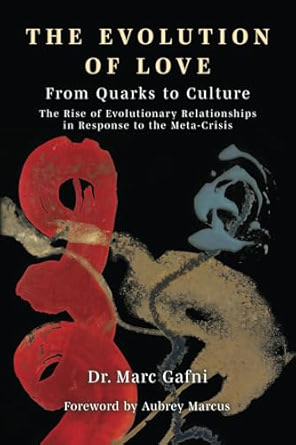
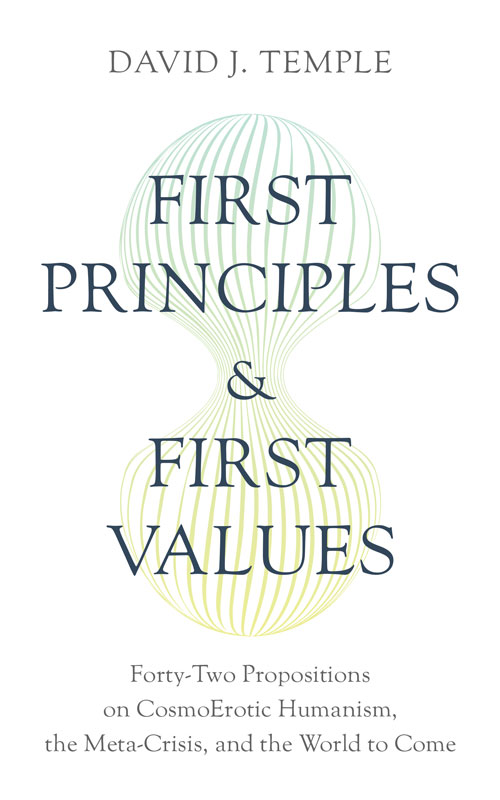
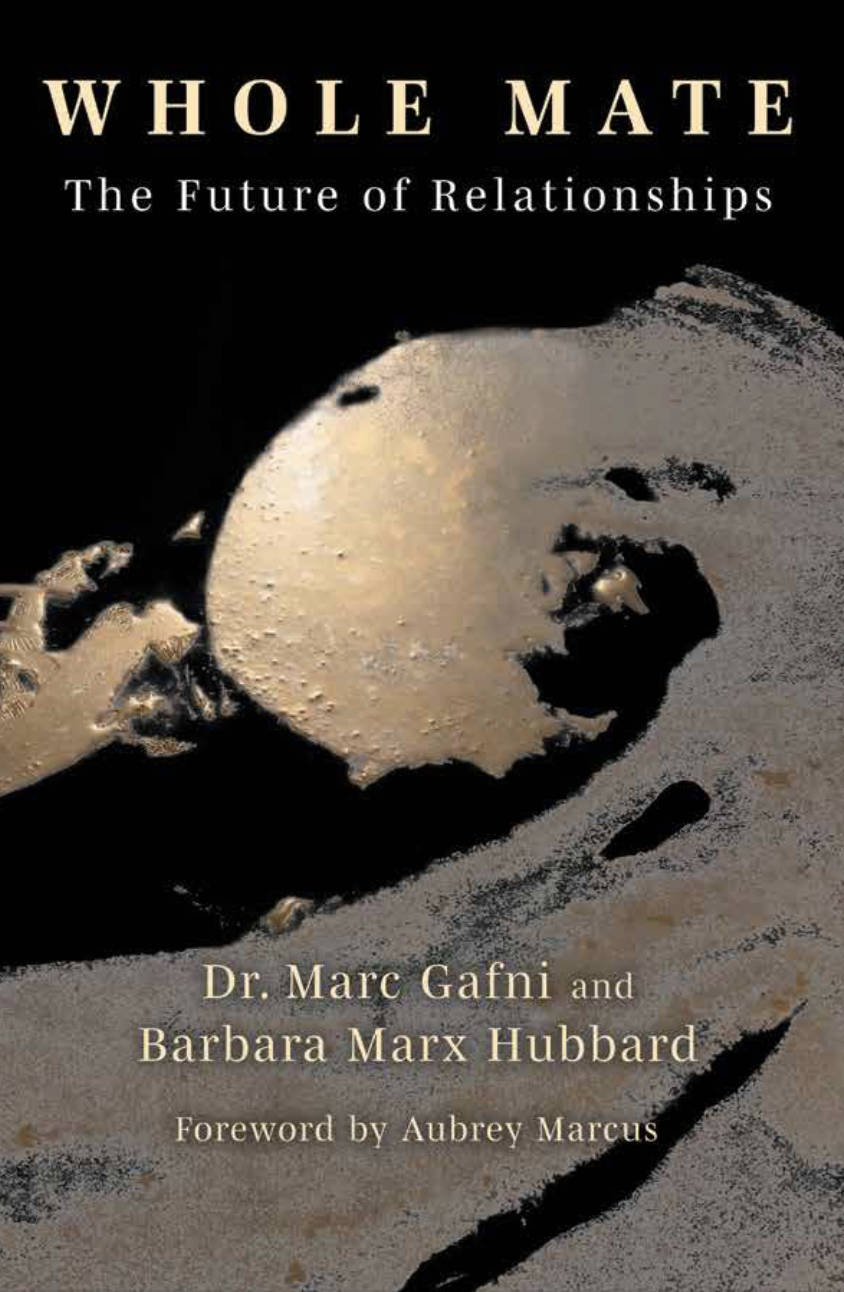
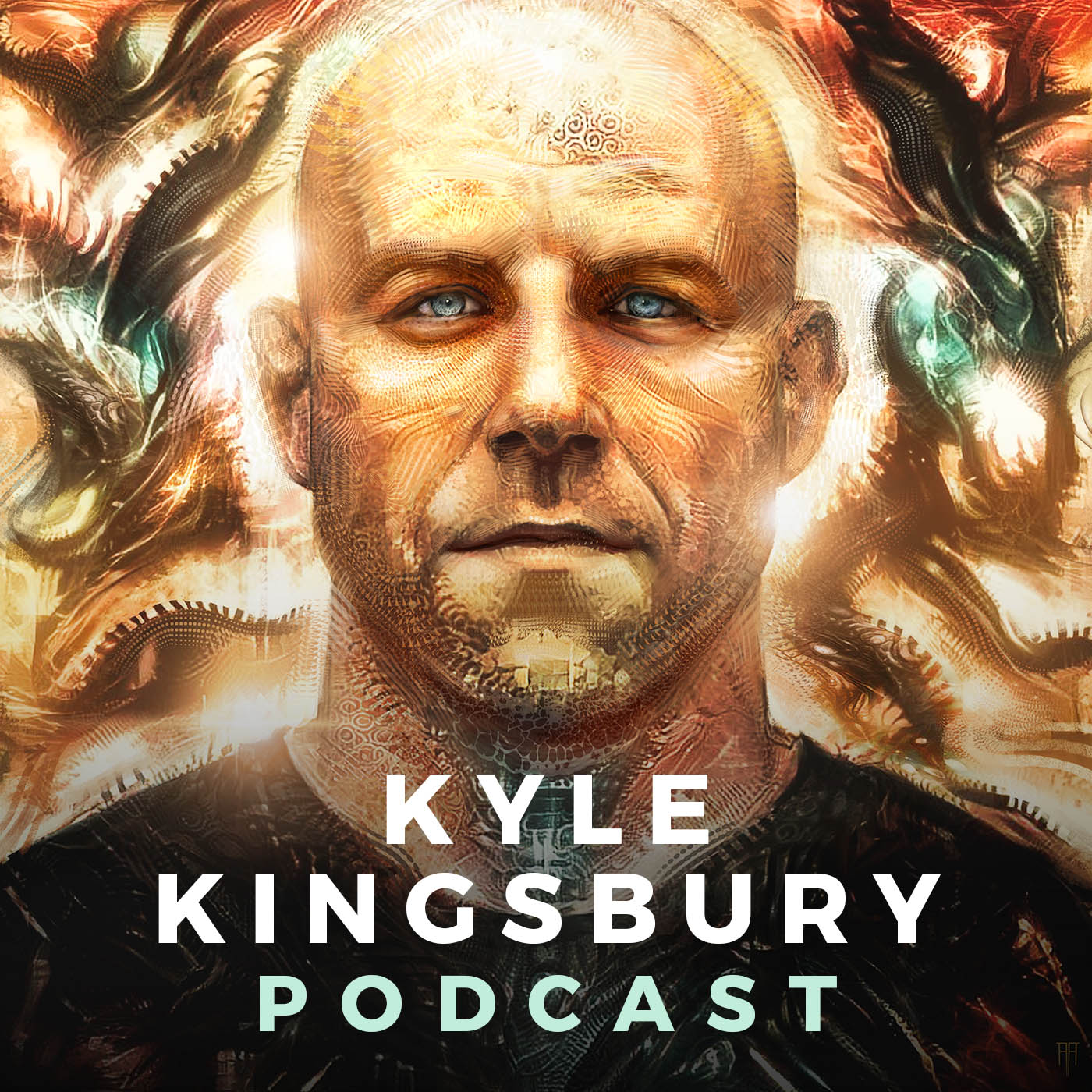
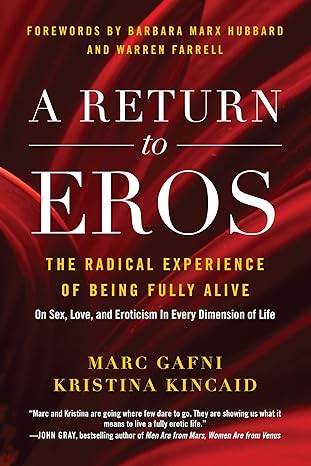
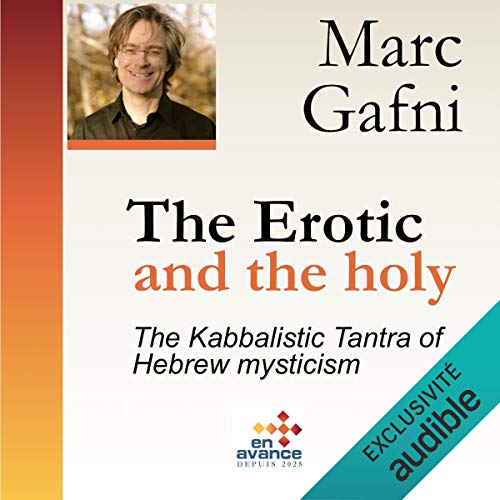 Imagine walking into your place of worship – your local church, synagogue, mosque, or meditation center – to find that all of the usual adornments have been replaced with statues and pictures of sexually intertwined cherubs. Chances are, you’d be quickly taken aback.
Imagine walking into your place of worship – your local church, synagogue, mosque, or meditation center – to find that all of the usual adornments have been replaced with statues and pictures of sexually intertwined cherubs. Chances are, you’d be quickly taken aback.